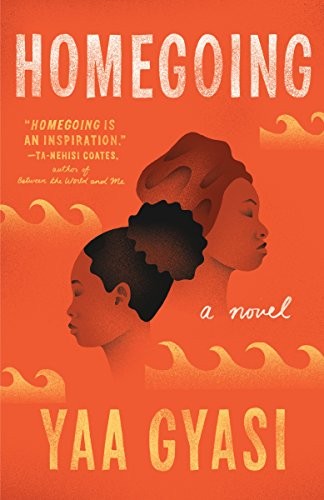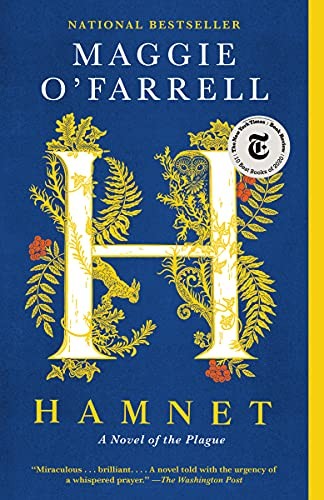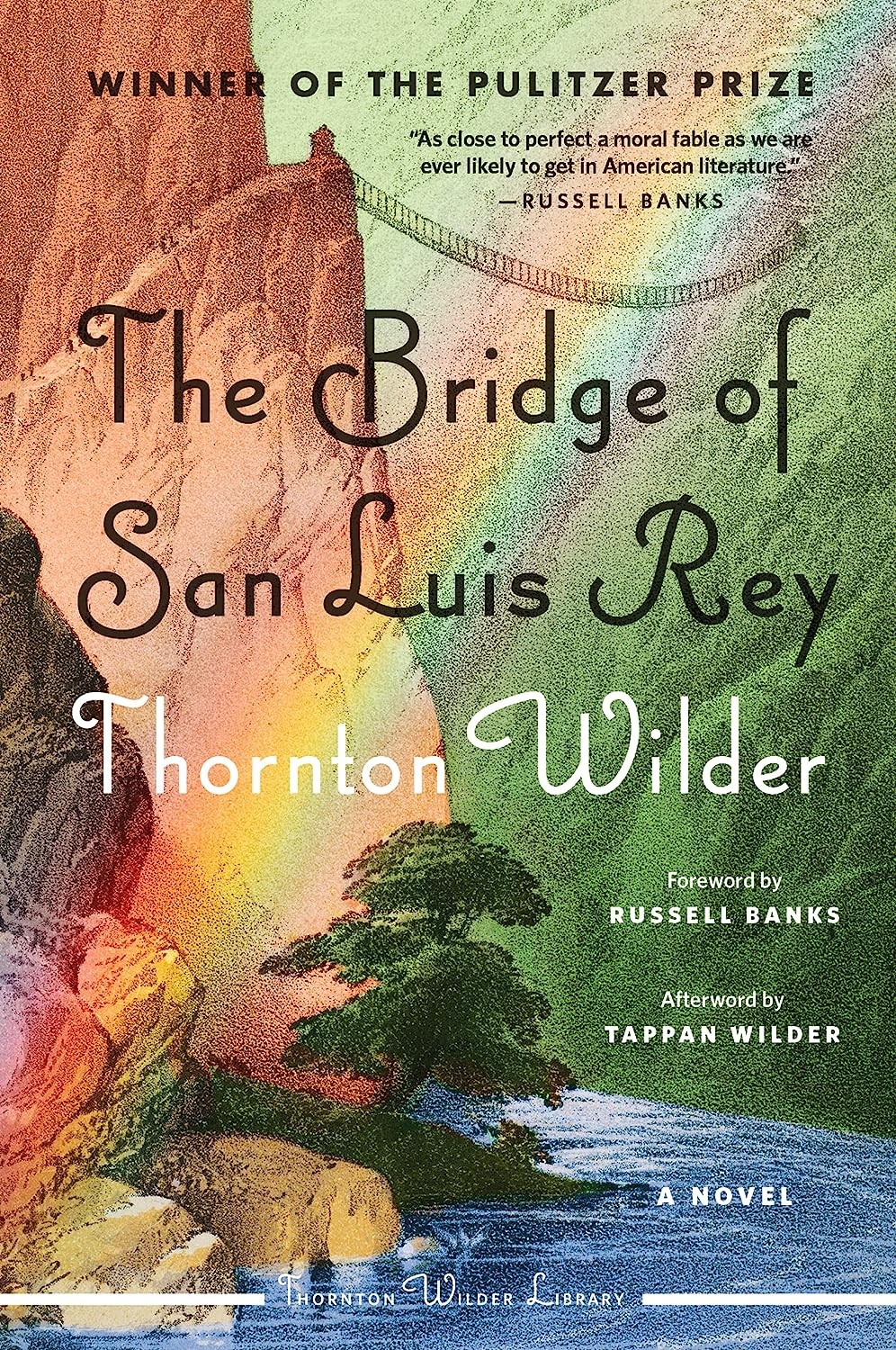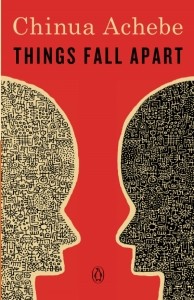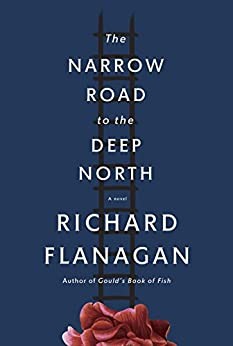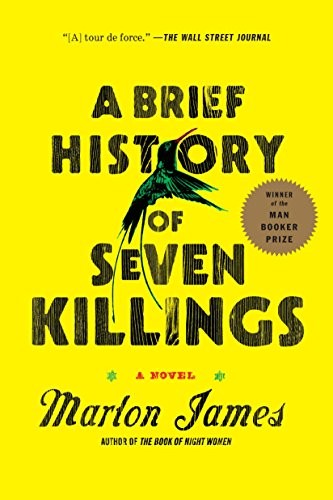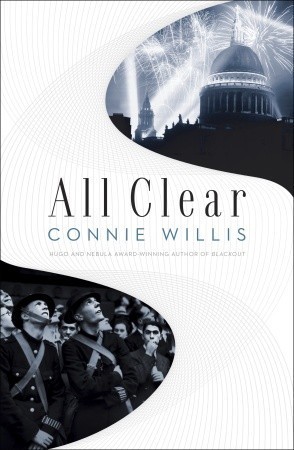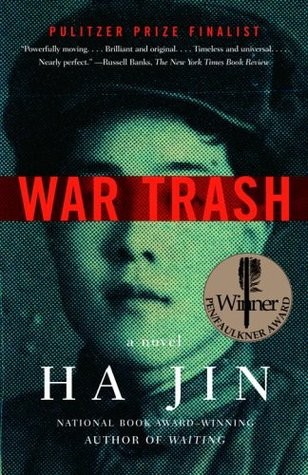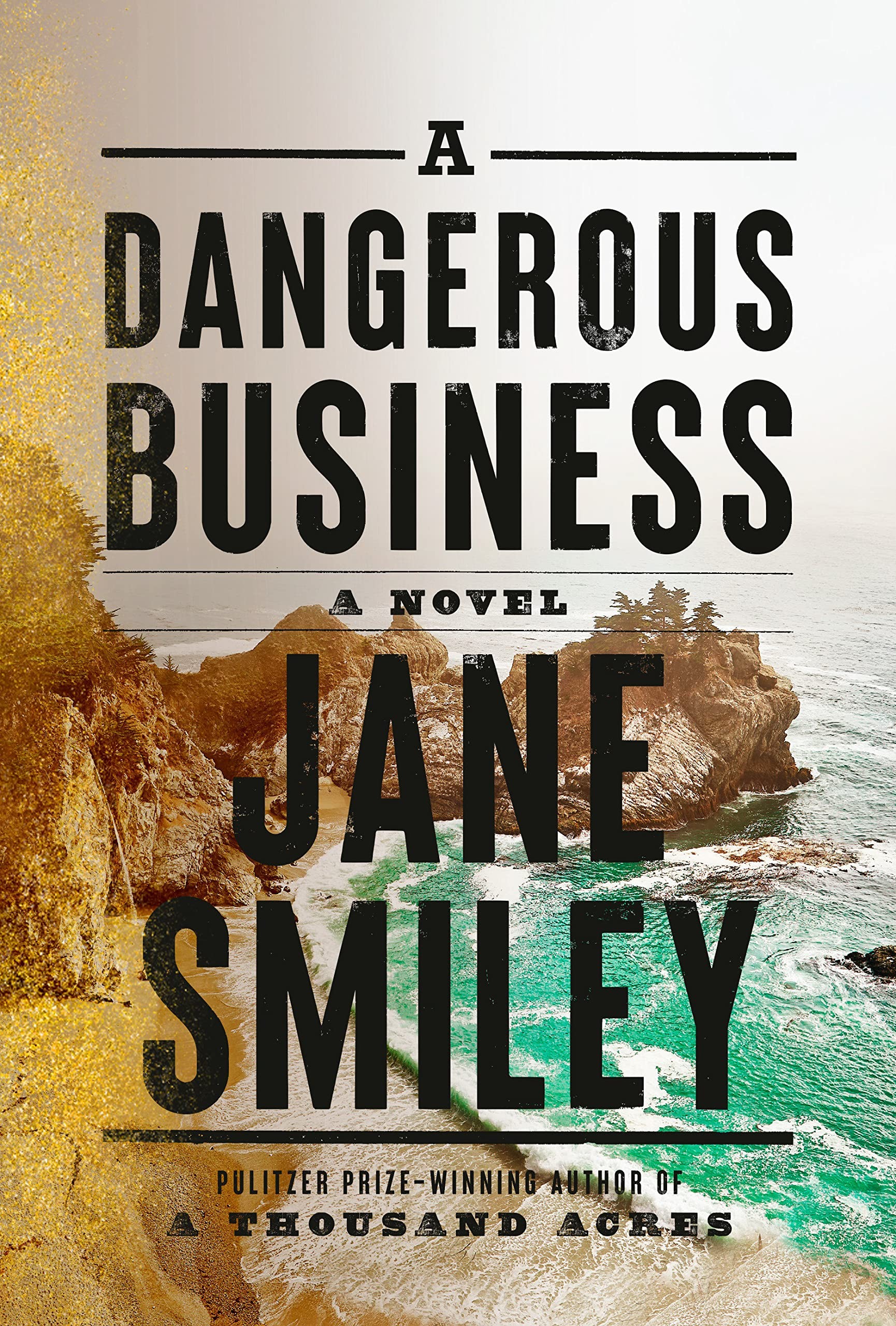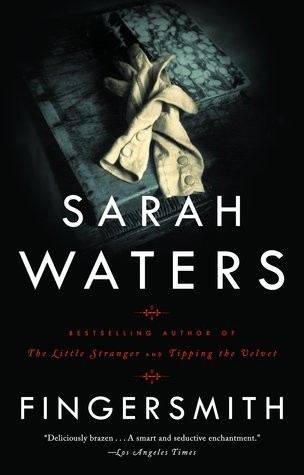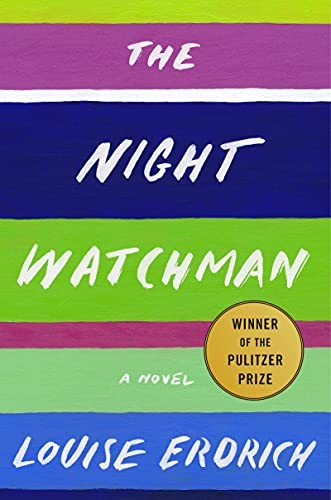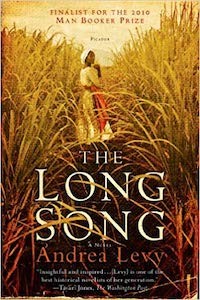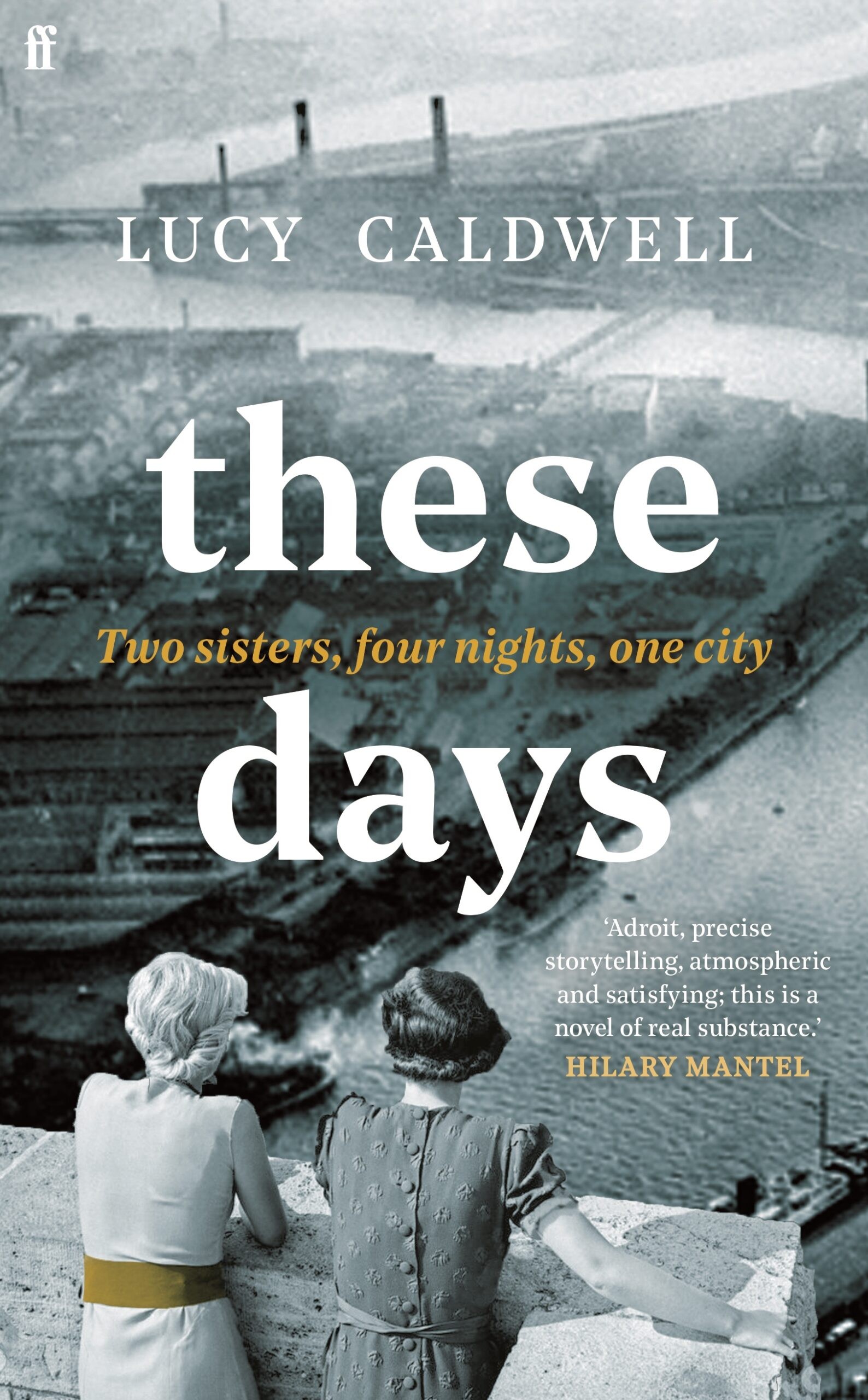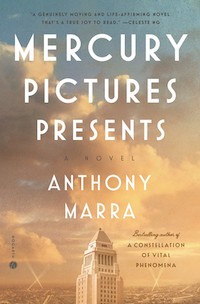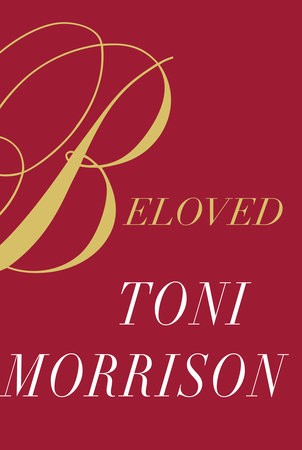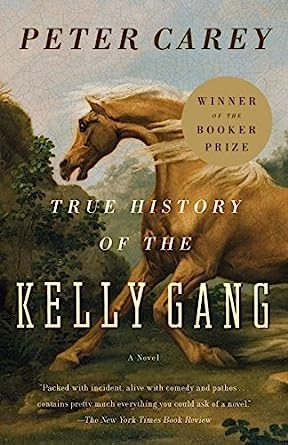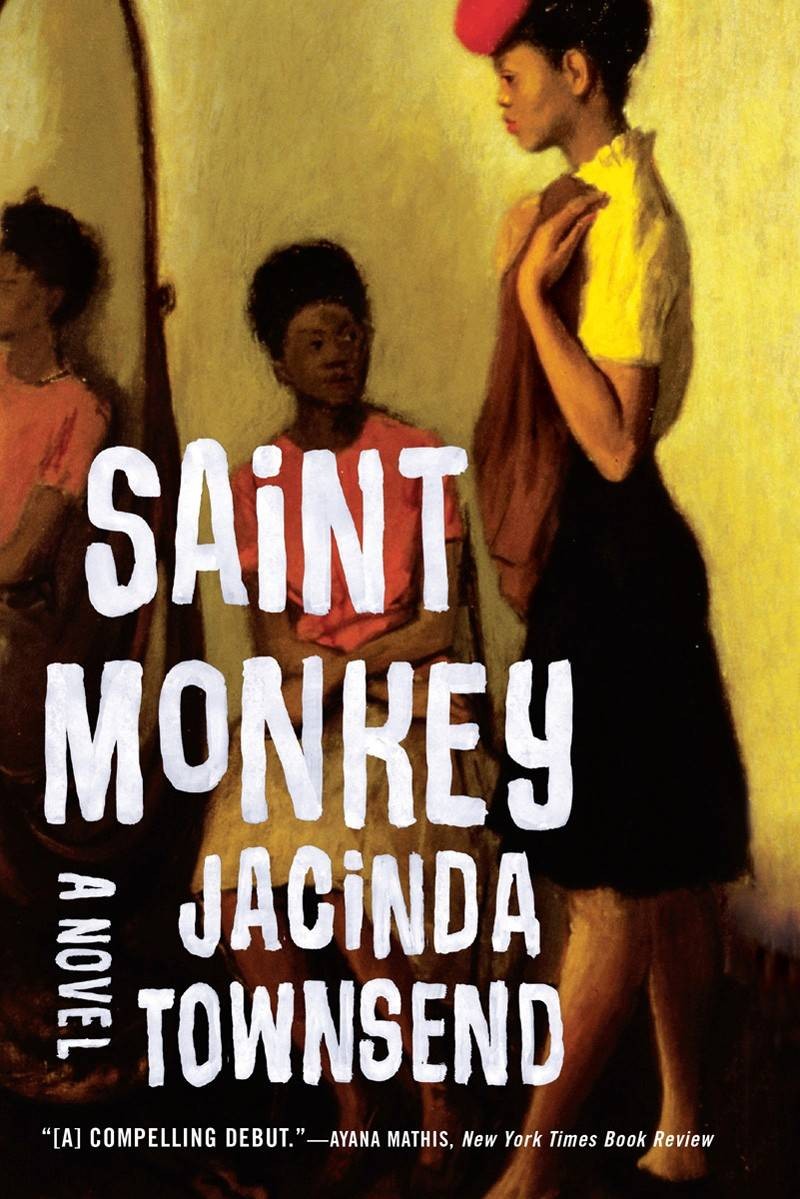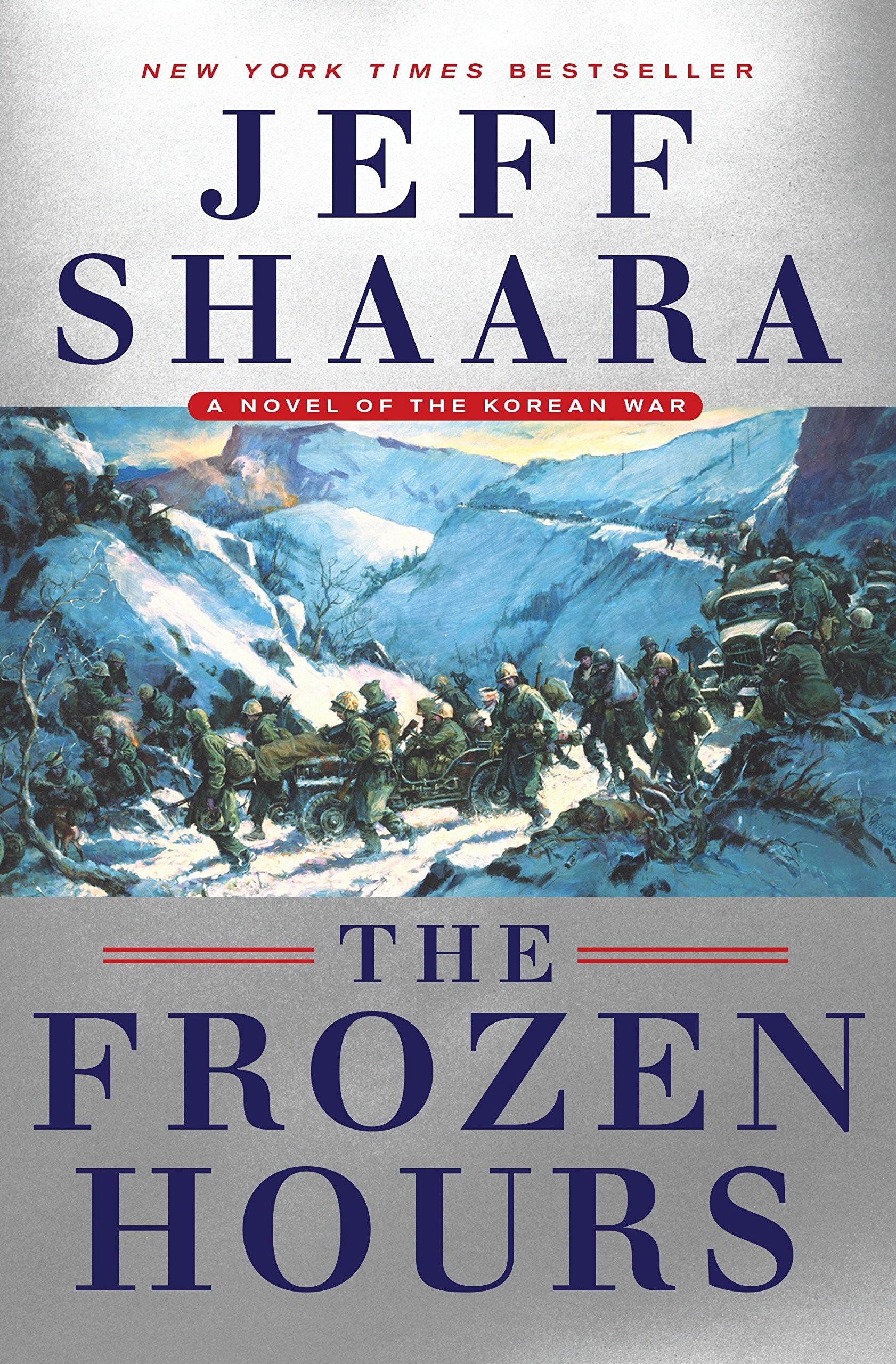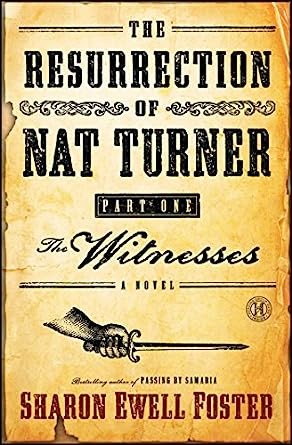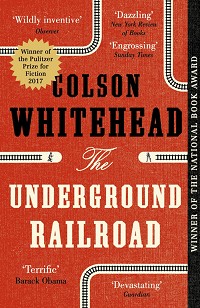Historical fiction authors tap into a rich tapestry of stories by weaving real historical events and figures into their narratives. This genre-defying blend of fact and fiction requires meticulous research and a keen eye for detail, transporting readers to any era from ancient times to recent decades. While some books stick closely to the historic record, others take creative liberties, reflecting the versatility of writers who work within this genre.
Historical fiction has earned its place among literary giants, with award-winning titles winning recognition in esteemed prizes like the Pulitzer Prize for Fiction, the Booker Prize, and the Women’s Prize for Fiction. Moreover, organizations dedicated to honoring historical fiction have established their own awards, such as the Society of American Historians Prize for Historical Fiction and the Walter Scott Prize.
With a wealth of award-winning books to choose from, readers can embark on a journey through time, immersing themselves in meticulously crafted stories that blur the lines between fact and fiction.
Homegoing by Yaa Gyasi (PEN/Hemingway Award, American Book Award, 2017)
Gyasi’s debut in historical fiction was a resounding success, earning awards for its title and cultivating a loyal fan base for the author. The narrative unfolds through the lives of Maame, an Asante woman, and her descendants across multiple generations. This sprawling novel masterfully captures the trajectories of various family lines as it spans from Ghana to America, effortlessly weaving together historical context and personal stories.
Hamnet by Maggie O’Farrell (National Book Critics Circle Award for Fiction, Women’s Prize for Fiction, 2020)
The 2015 release of ‘Hamnet’, a fictionalized account of Shakespeare’s son Hamnet who tragically passed away in childhood, sent shockwaves through literary circles. The novel masterfully blended Farrell’s exceptional prose with an emotionally charged narrative, effortlessly intertwining poignant themes surrounding family dynamics, love, the devastating impact of plagues, and cultural nuances throughout its pages.
The Bridge of San Luis Rey by Thornton Wilder (Pulitzer Prize, 1928)
Almost a century ago, Wilder’s magnum opus took shape, earning widespread acclaim as his crowning achievement. The same author who brought us Our Town, penned this masterpiece, which weaves a narrative that is equal parts poignant and thought-provoking. Set against the backdrop of Peru, the story revolves around a rope bridge collapse, where a lone friar bears witness to the tragic demise of five individuals.
Shattered by the sheer brutality of the event, the friar becomes obsessed with unraveling the mysteries surrounding each victim’s life, only to discover that their stories unfold like a tapestry rich in complexity and depth. As he delves deeper into the lives of the departed, the dead characters begin to reappear, offering the friar – and by extension, the reader – profound insights into the human condition, fate, and the existential quest for meaning.
Things Fall Apart by Chinua Achebe (Margaret Wong Memorial Prize, 1959)
Achebe’s debut novel is a landmark work that has set the standard for modern African literature. First published to global acclaim, it remains a seminal work in the genre. The story unfolds through the eyes of Okonkwo, an Igbo man from Nigeria, whose life serves as a microcosm for the larger themes of politics and family.
Moreover, the novel thoughtfully explores the far-reaching consequences of colonialism and Christian missionary activity on his community, offering a nuanced portrayal of the cultural complexities that emerged during this period.
The Narrow Road to the Deep North by Richard Flanagan (Booker Prize, 2014)
As Dorrigo Evans’ life drew to a close, memories flooded his mind, forcing him to confront the events that had led him to this point. His thoughts drifted back to his idyllic childhood in rural Tasmania, before the harsh realities of war disrupted his world. Flanagan masterfully weaves together the threads of Evans’ experiences as a Japanese prisoner of war, laboring on the infamous Burma Death Railway.
This deeply personal account is drawn from the author’s own family history, and it’s no surprise that the book resonated globally for its poignant exploration of humanity’s capacity to endure even the most brutal of circumstances.
A Brief History of Seven Killings by Marlon James (Booker Prize, 2015)
The narrative unfolds across five distinct sections, each a self-contained day and aptly named after a musical track. Within this framework, James delves into the complexities of Jamaican politics and the vibrant neighborhoods of West Kingston, weaving in appearances from real-life figures as well as himself.
Notably, Marlon James has an impressive track record of literary success, with his novel The Book of Night Women (2009) earning critical acclaim and numerous awards, further solidifying his reputation as a masterful storyteller.
All Clear by Connie Willis (Nebula Award, Hugo Award, 2010)
For fans of science fiction-infused historical fiction, this duology starter is a must-read. Set against the backdrop of Blitz-era London, the story follows a group of time travelers from the near future as they navigate the challenges of being stranded in 1940s England. At its core, the novel explores Polly’s fears about the stability of the time net, which threatens to leave her stuck in the past forever.
As she struggles to find a way back to her own time, the narrative seamlessly weaves together futuristic plot twists with vivid depictions of wartime London.
War Trash by Ha Jin (PEN/Faulkner Award, 2004)
Yu Yuan’s story unfolds in a prisoner-of-war camp in Korea, where the stakes are high. A captured Chinese soldier, he finds himself torn between two unappealing options: pledging loyalty to the Chinese Nationalists, forfeiting any hope of returning to his homeland and reuniting with loved ones, or aligning with the Communists, potentially securing freedom but at the cost of compromising his values.
A Dangerous Business by Jane Smiley (Society of American Historians Prize for Historical Fiction, 2023)
In the lawless terrain of 1850s California, two independent prostitutes, Eliza and Jean, carve out their own paths in Monterrey, a small town on the Wild West’s fringes. The discovery of young women’s bodies outside the town sets off a chain reaction as these two strong-willed women join forces to track down the killer.
This gripping tale delves into the intricate dance between freedom and restriction, as Eliza and Jean navigate their way through the uncharted territories of womanhood in this tumultuous era.
Fingersmith by Sarah Waters (British Book Awards Author of the Year, 2003)
In the midst of Victorian era’s social constraints, Sue Trinder’s journey is a testament to the power of self-discovery. Raised as an orphan by Mrs. Sucksby, Sue’s path takes a turn when she’s tasked with helping conman Gentleman win over Maud, a wealthy heiress. But as the narrative unfolds, we’re given a glimpse into Maud’s inner world and witness the complex relationships between Sue, Maud, and Gentleman evolve.
The Night Watchman by Louise Erdrich (Pulitzer Prize, 2021)
In 1953, Thomas Wazhashk, a stalwart figure, stood as the night watchman at the storied jewel-bearing plant near the Turtle Mountain Reservation in rural North Dakota. Unbeknownst to many, he also held a seat on the Chippewa Council, a body deeply engaged with the U. S. government’s momentous decision to terminate Native American treaty rights and grapple with the very essence of tribal identity.
This pivotal juncture in Native American history is meticulously woven into the narrative by Erdrich, showcasing her mastery of crafting characters and storylines that leap from the page.
The Long Song by Andrea Levy (Walter Scott Prize, 2010)
Set against the backdrop of late 19th-century Jamaica, The Long Song unfolds as a poignant memoir penned by an elderly matriarch. Spanning her life story, this sweeping narrative delves into the complex history of slavery on the island, the tumultuous Baptist War of 1831, and the transformative journey towards freedom that shaped her experiences.
These Days by Lucy Caldwell (Walter Scott Prize, 2023)
In the midst of chaos and destruction, two sisters navigate their own paths to love and happiness during the tumultuous times of the Belfast Blitz in April 1941. Audrey is on the cusp of marriage to Richard, while Emma’s heart is slowly being won over by a woman, as both journeys unfold amidst the backdrop of relentless bombing raids.
This poignant tale not only delves into the gritty realities of wartime life in Belfast but also tenderly explores the sisters’ personal struggles and triumphs, weaving together a rich tapestry of emotions and experiences that will leave readers deeply moved.
Mercury Pictures Presents by Anthony Marra (David J. Langum, Sr. Prize in American Historical Fiction, 2022)
In the heart of Rome, Maria Lagana nurtured a childhood passion for cinema, a dream that eventually led her to relocate to Los Angeles in pursuit of a career in film. Fast forward fifteen years, and she finds herself as an associate producer at Mercury Pictures, a studio on the cusp of financial collapse.
As global tensions escalate, threatening to plunge the world into war, Maria confronts the complex web of personal relationships that have come to define her life, while also welcoming the influx of refugees fleeing conflict-stricken regions, seeking solace in Los Angeles and the promise of a new beginning.
Beloved by Toni Morrison (Pulitzer Prize, 1988)
Toni Morrison’s masterpiece has stood the test of time, earning its place as a timeless classic in literature. Eighteen years have passed since Sethe escaped the shackles of enslavement, yet the lingering shadows of her past continue to haunt her. Dubbed ‘brutally powerful’ by critics, this novel remains an unmissable read that showcases Morrison’s unparalleled literary genius.
True History of the Kelly Gang by Peter Carey (Booker Prize (UK), 2001)
In this fictionalized account of Ned Kelly’s life, the narrative takes an unconventional approach by tracing its roots back to Kelly’s father, a charismatic Irish immigrant who arrives in Victoria, Australia. As the family becomes increasingly entangled with the British colonial establishment, tensions rise and simmer.
The early years see Kelly’s father imprisoned, setting off a chain reaction that ultimately propels Ned and his tight-knit circle of friends and brothers into a life of horse thievery and outlawry. A potent blend of folk heroism and Wild West-inspired rebellion ensues as Kelly and his cohorts take on the powerful Englishmen who seek to bring them down, forever altering the trajectory of their lives.
Saint Monkey by Jacinda Townsend (Society of American Historians Prize for Historical Fiction, 2015)
In the early 20th century, the lives of two young women from Kentucky began to take distinct turns. Audrey Martin, a gifted 14-year-old pianist, and her best friend Caroline, an aspiring starlet, were on the cusp of change. When a talent scout discovered Audrey’s exceptional skills, she was presented with an opportunity to leave her small-town roots behind and head to New York City. The prospect of performing at the iconic Apollo Theater loomed large.
Meanwhile, Caroline remained in their hometown, grappling with her own aspirations for stardom. This poignant narrative captures the diverging paths of two strong-willed women as they navigate the challenges and triumphs of their respective journeys.
The Frozen Hours by Jeff Shaara (W.Y. Boyd Literary Award for Excellence in Military Fiction, 2018)
The Resurrection of Nat Turner, Part 1: The Witnesses by Sharon Ewell Foster (Michael Shaara Award for Excellence in Civil War Fiction, 2012)
Sharon Ewell Foster’s magnum opus, a two-part novel on Nat Turner’s remarkable life, sets a new benchmark for meticulous research and historical storytelling. The narrative spans an impressive 60-year period, traversing continents from Ethiopia to Virginia, providing a comprehensive account of Turner’s extraordinary journey.
The Underground Railroad by Colson Whitehead (Pulitzer Prize, 2017, National Book Award for Fiction, 2016)
In this gripping narrative, the Underground Railroad is reimagined as a literal path to freedom, rather than a metaphorical one. The story follows Cora, who begins her perilous journey enslaved on a cotton plantation. Whitehead masterfully intertwines Cora’s personal experiences with the broader historical context of the United States during that era. This tale of survival and resilience is woven together by the author’s vivid prose and meticulous research.
